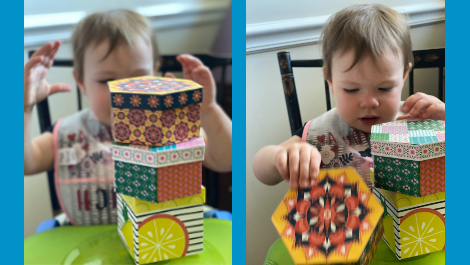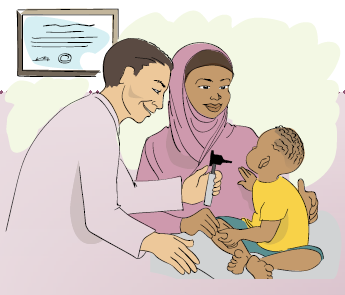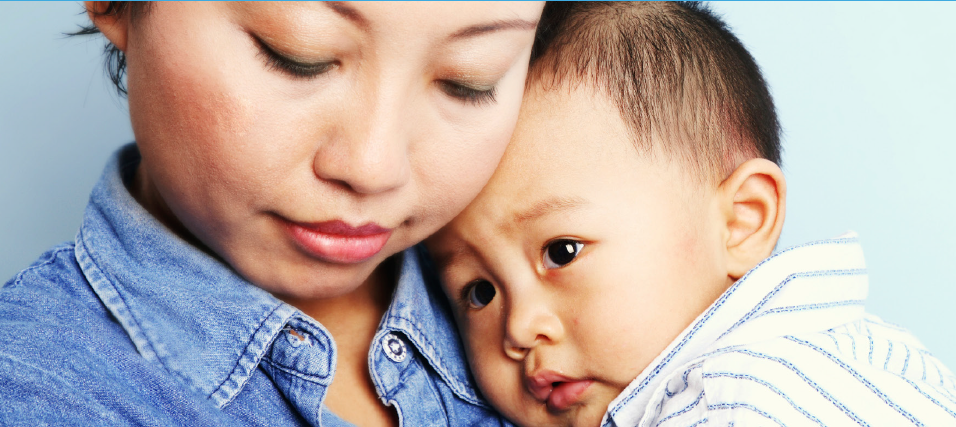Teach Children Coping Skills with Acts of Gratitude
Why is gratitude important for children?
The COVID-19 pandemic has been challenging, especially for children. Many children are still experiencing the uncertainty, fear, grief and loss brought on by the spread of COVID-19. As adults, we know why it’s important to be grateful for the little things. On the other hand, children may need a refresher course on why gratitude is so important.
“In positive psychology research, gratitude is strongly and consistently associated with greater happiness,” said the President and Fellows of Harvard College in an article. “Gratitude helps people feel more positive emotions, relish good experiences, improve their health, deal with adversity and build strong relationships.”
How to teach children to be grateful?
It’s never too early to teach children to be grateful! According to experts, children recognize emotions such as gratitude gestures between one and 2 years old. By 3 years old, they can feel emotions and gestures.
“By the age of 4, children tend to develop the skill to be grateful for not just materialistic things, but also for the acts of love, affection and kindness,” said Wow Parenting.
According to the Center on the Social and Emotional Foundations for Early Learning, understanding feelings and emotions is critical to children’s development. Teaching children to be grateful and show appreciation is a healthy, positive way to express emotions.
Show, not tell children, how to be thankful. Start by using real-life experiences, examples or “teachable moments.” Also, remember to recognize and celebrate those big or small accomplishments. The theory is that we can show appreciation and be grateful for it if we feel appreciated. This process can lead to more joy.
“People who are grateful are likely to be more hopeful, energetic, empathic and helpful to others,” said Katie Hurley, LCSW for PBS Parents. “They are also less likely to be depressed, anxious or envious of others. In short, practicing gratitude and holding on to positive emotion leads to greater overall happiness.”
Encourage children to focus on the good things in life. Here are a few resources and activities to teach your children positive emotions of gratitude and appreciation.
- For Greater Happiness, Teach Gratitude
- Ways to teach kids about gratitude
- Teaching Children to Be Grateful
Emotions: Coping, Gratitude and Appreciation Activities for Children
- Family Activity Time Series: Recognizing and Identifying Emotions
- Gratitude Box
- Thanksgiving Thank You Notes
- My Ultimate Coping Playlist
- Accomplishment Box
- Lunch Box Notes
- Coping Skills (activity cards)
- Today I Feel
MFE Presents: The Resilience Collection!
Take a moment to review the MFE Resilience Collection, where you will find coping skill activities and other helpful resources to support positive mental health conversations. Teachers and Providers: share with parents and families. Visit this collection often as we add new resources every month. Below are just a few examples of the resources available to download and share:
- Teaching Your Child to Identify and Express Emotions (tip sheet)
- A Trauma-Sensitive Toolkit for Caregivers of Children
- Building Resilience in Children and Teens (available in English and Spanish)
- Books that Encourage Social and Emotional Development




